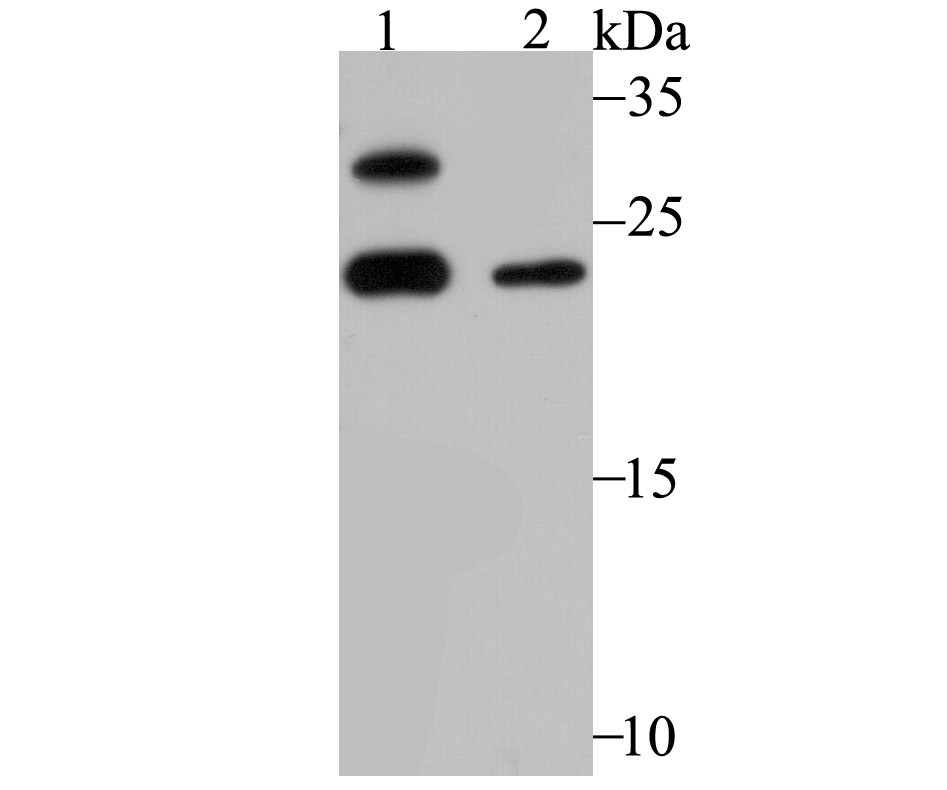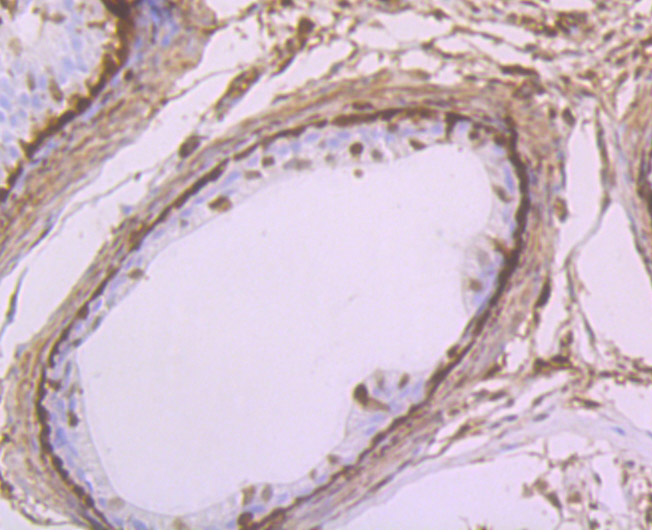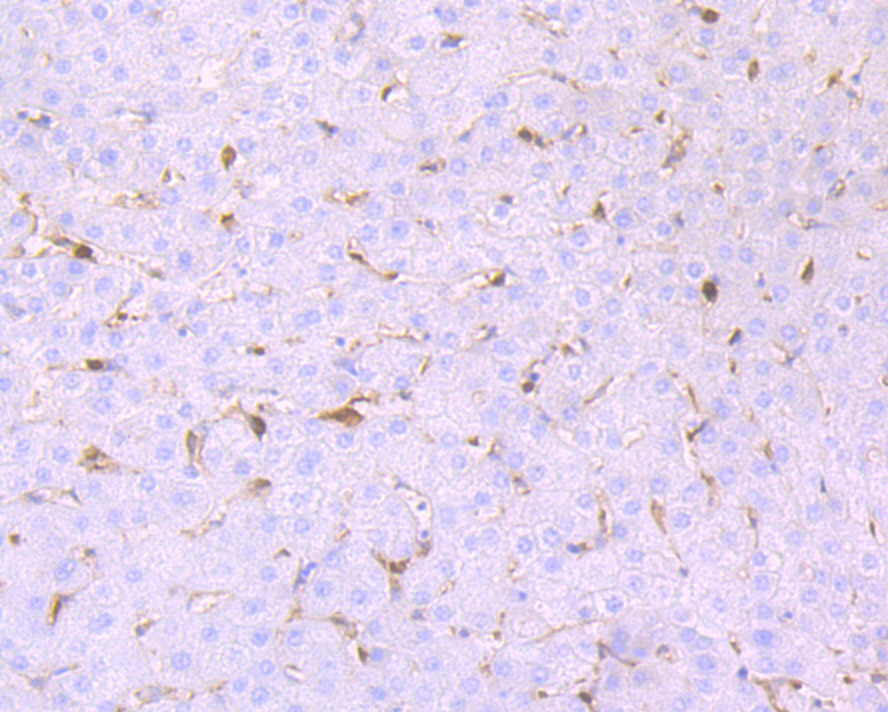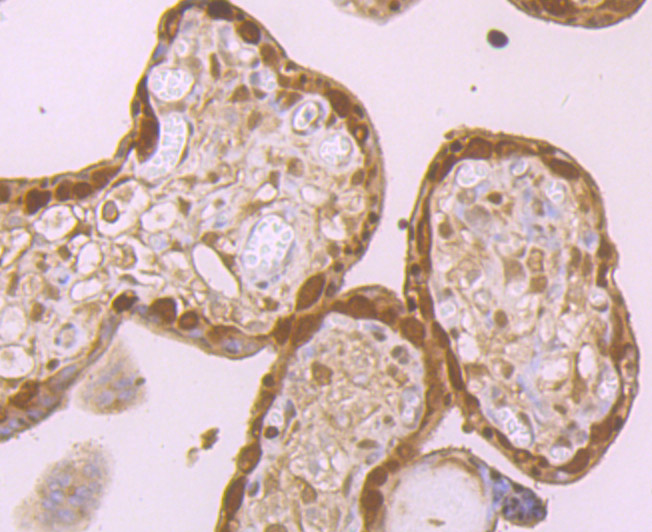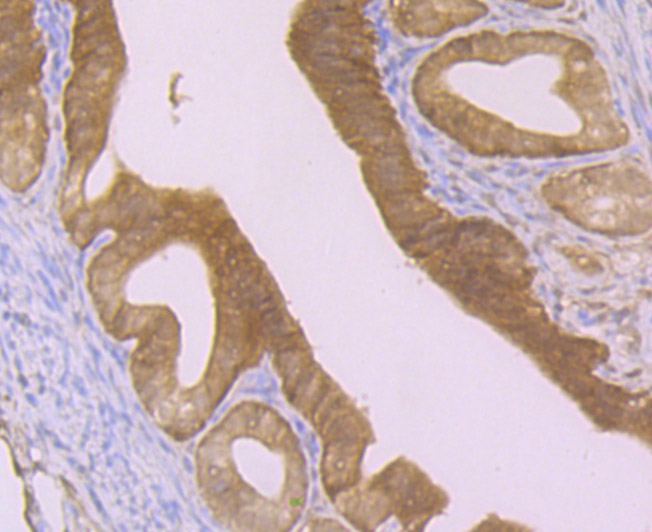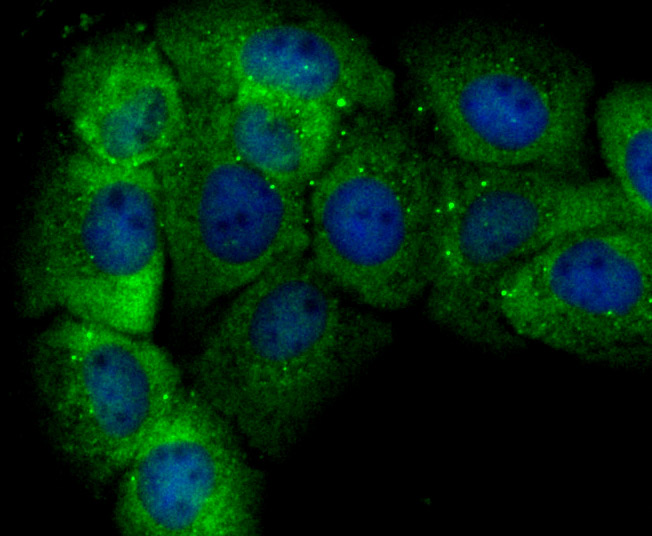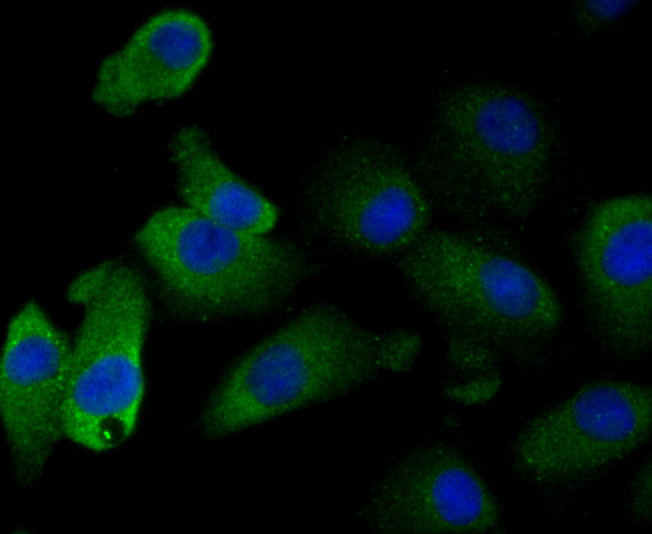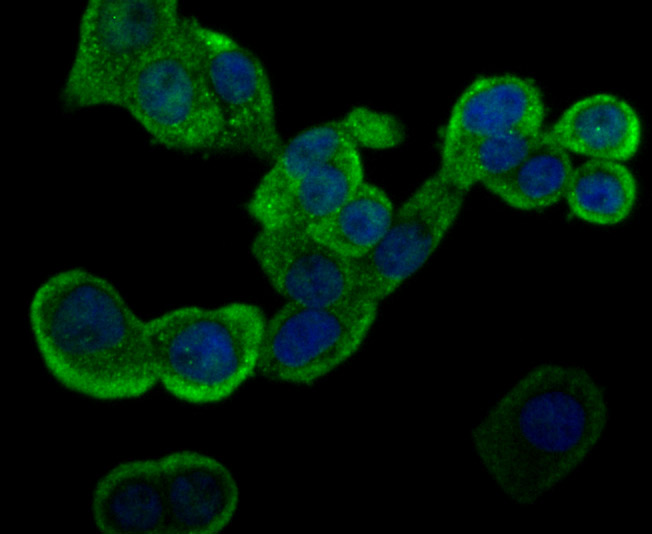Glutathione S-transferases (GSTs) function in the metabolic detoxification of various environmental carcinogens and lipid hydroperoxides. In response to oxidative stress, upregulation of the GST family member GSTP1 occurs, consistent with this function. Furthermore, the GSTP1 gene is subject to CpG island hypermethylation, a state that correlates with human prostatic carcinogenesis. GSTP1 gene hypermethylation can be detected in urine, ejaculate and plasma from men with prostate cancer, potentially making GSTP1 a useful biomarker for prostate cancer screening.

